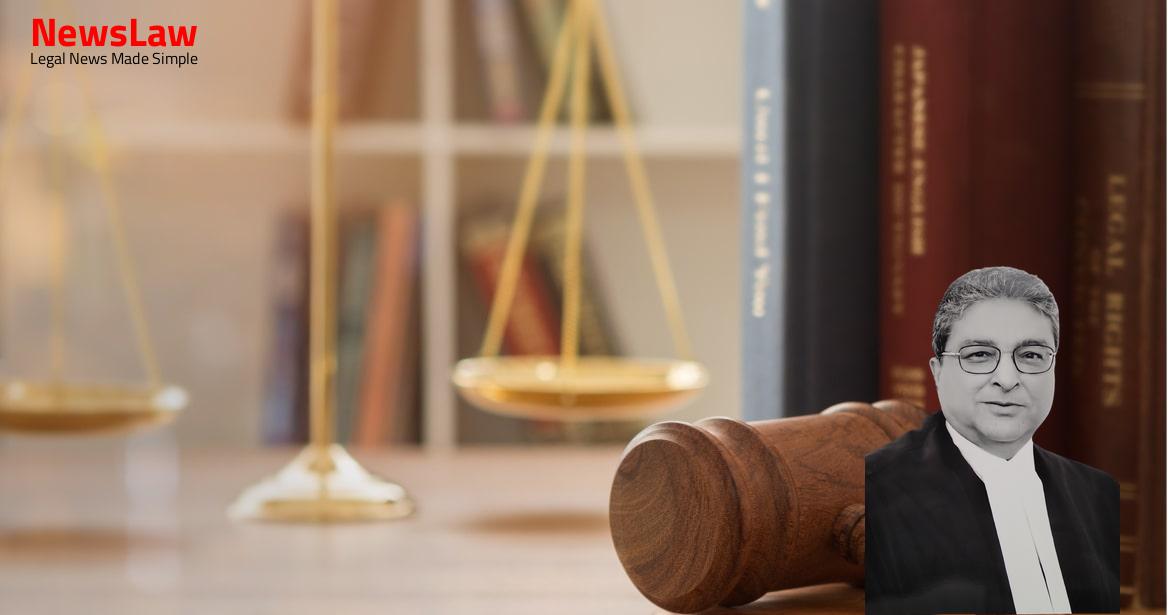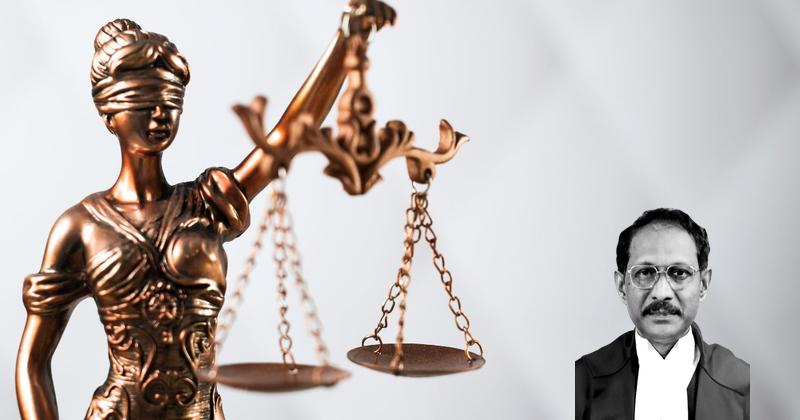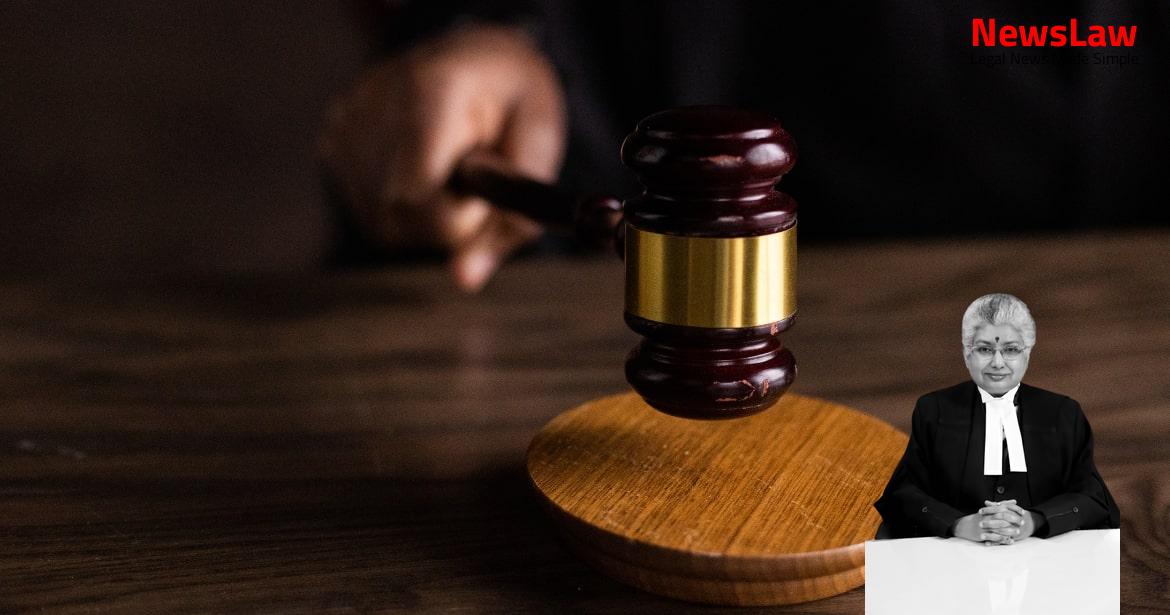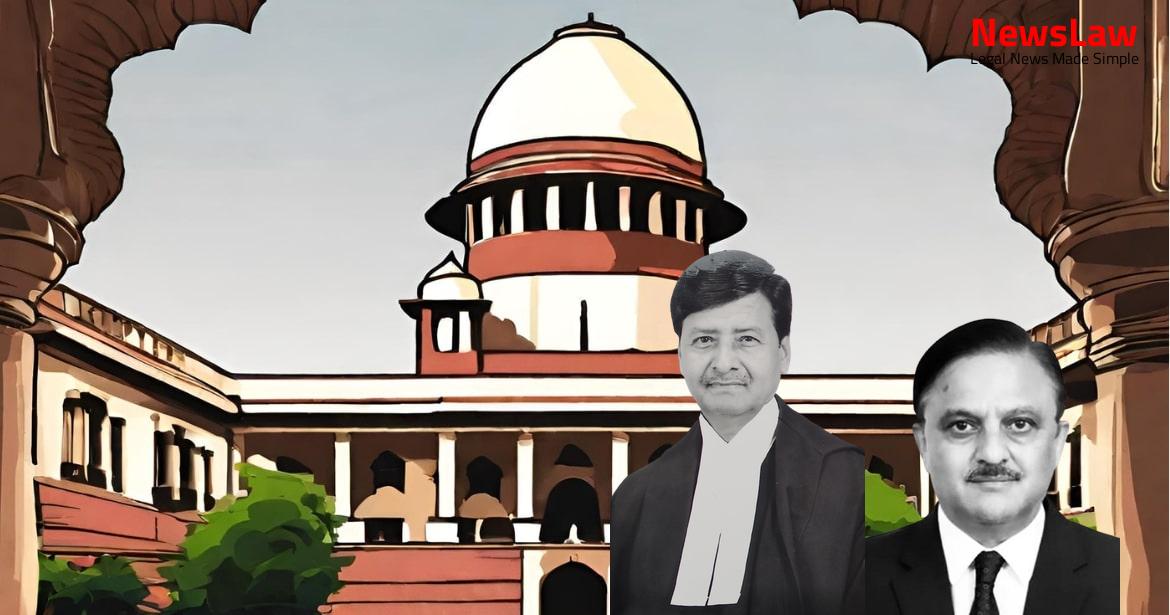Delve into the legal complexities of the case involving the challenge to the Advisory Board’s Opinion under the COFEPOSA Act in the Supreme Court of India. The Union of India contested the Advisory Board’s decision regarding the detention of the respondent detenu. The matter revolved around the confidential nature of the Advisory Board’s report, its non-justiciability, and the crucial role of the appropriate government in such instances. This case sheds light on the intricate workings of legal proceedings and the role of advisory bodies in preventive detention scenarios.
Facts
- Petitioner filed a Petition for Special Leave to Appeal against the Opinion of the Advisory Board under COFEPOSA Act.
- Advisory Board expressed the opinion that there was no sufficient cause for the continued detention of the detenu.
- Petitioner challenged the opinion of the Advisory Board and filed the present Petition for Special Leave to Appeal.
- Order of detention was passed by the competent authority on 17.05.2019 against the respondent detenu.
- Documents and grounds were served within the statutory period by the competent authority.
- High Court stayed the operation of its own order to allow the petitioner to approach the Supreme Court and challenge the judgment.
- The matter was heard finally, and an order was dictated in open court.
- The High Court allowed a Writ Petition and quashed the order of detention.
- A Writ Petition was filed in the High Court challenging the order of detention.
- The Supreme Court allowed the Appeals and set aside the High Court’s judgment.
- The Union of India challenged the opinion of the Advisory Board regarding the detention of the respondent.
Arguments
- Mr. Rohatgi relied on various court decisions to support his argument regarding the challenge to the opinion of the Advisory Board.
- Mr. Natraj argued that the opinion of the Advisory Board, if against the person detained, cannot be challenged and is non-justiciable.
- He highlighted the confidential nature of the Advisory Board’s report except for the opinion section.
- Mr. Natraj emphasized that the opinion of the Advisory Board is non-justiciable and cannot be challenged in a court of law except by the appropriate government.
- He pointed out that if the Advisory Board’s opinion is in favor of releasing the detained person, the appropriate government can challenge it.
- Mr. Natraj cited previous court cases to support his arguments on the justiciability of the Advisory Board’s opinion.
Also Read: CRPF Act: Validity of Rule 27 for Compulsory Retirement – Case of Head Constable vs. CRPF
Analysis
- Article 22 of the Constitution provides for protection against arrest and detention in certain cases.
- No person who is arrested shall be detained without being informed of the grounds for the arrest.
- Every arrested person must be produced before the nearest magistrate within 24 hours, excluding travel time, and cannot be detained beyond that period without magistrate’s authority.
- Preventive detention laws cannot detain a person for more than three months without an Advisory Board’s opinion, consisting of High Court Judges.
- The person detained must be informed of the grounds for detention and given a chance to make a representation against it.
- Parliament can prescribe circumstances for longer detentions and the maximum period allowed under preventive detention laws.
- An Advisory Board must be constituted to review detention orders, and if it finds no sufficient cause, the person must be released.
- Legal practitioners are not allowed for representation before the Advisory Board, and the proceedings are confidential.
- The appropriate Government can confirm or revoke the detention based on the Advisory Board’s report.
- Opinion of the Advisory Board is confidential and intended to assist the government in determining the detention order.
- The Advisory Board functions in an advisory capacity and is not obligated to communicate its decision to the detenu.
- The Advisory Board’s opinion is binding on the appropriate Government only if it favors the detenu.
- The Advisory Board’s decision is essentially different from a judicial decision and cannot be subject to review by judicial courts/tribunals.
- The detention under the Preventive Detention Act is based on the subjective satisfaction of the detaining authority, not on proven facts.
- The Advisory Board’s opinion is not open to challenge on its merits before any tribunal.
- The Advisory Board’s role is different from judicial or quasi-judicial tribunals as there is no lis to adjudicate upon.
- The Advisory Board’s opinion is never intended to be open for challenge on its merits before any tribunal.
- The Advisory Board may give a detenu a hearing, but this hearing may be ineffective as the detenu is deprived of normal cross-examination opportunities.
- In Dharam Singh Rathi’s case, the petitioner alleged that the Advisory Board did not submit its report within the prescribed period, raising concerns about the legality of the detention.
- The case of Calcutta Dock Labour Board questioned whether an individual’s services could be terminated based solely on a detention order under the Prevention of Detention Act, 1950.
- The court observed that the concept of the rule of law, fundamental to the Constitution, is contradicted when a citizen’s detention leads to loss of livelihood without proper grounds.
- The Advisory Board’s function is to review relevant material and representations, submitting a report to the State Government within the specified time under Section 10(1) of the Act.
- The Authority in charge of advance rulings, as per Section 245-S, acts in a judicial capacity with decisions binding on applicants, tax authorities, and the Commissioner.
- The decisions rendered by a body exercising judicial/quasi-judicial power are amenable to challenge under Article 136 and 227 of the Constitution.
- The nature of power exercised by the Advisory Board when providing an opinion under Section 8(b) of the COFEPOSA Act is the basic issue in the present matter.
- The report of the Advisory Board, excepting its opinion, is confidential.
- The power exercised by the Advisory Board in giving its report and opinion has been previously addressed by the Supreme Court in cases such as Dharam Singh Rathi, Akshoy Konai, A.K. Roy, and Calcutta Dock Labour Board.
Also Read: DAMEPL vs. DMRC: Curative Petition and Arbitral Award Restoration
Decision
- Petition for Special Leave to Appeal (Criminal) No 7021 of 2019 dismissed.
- No orders necessary in Writ Petition (Criminal) No 220 of 2019 due to dismissal of Special Leave Petition.
- Writ Petition (Criminal) No 220 of 2019 disposed of.
- Petition for Special Leave to Appeal dismissed in connection with detenu ‘Happy Arvind Kumar Dhakad’.
- Writ Petition (Criminal) No 210 of 2019 seeking to quash the detention order also disposed of.
- No separate orders needed due to Advisory Board’s Opinion and previous dismissals.
Case Title: UNION OF INDIA Vs. NISAR PALLATHUKADAVIL ALIYAR
Case Number: SLP(Crl) No.-007016 / 2019



